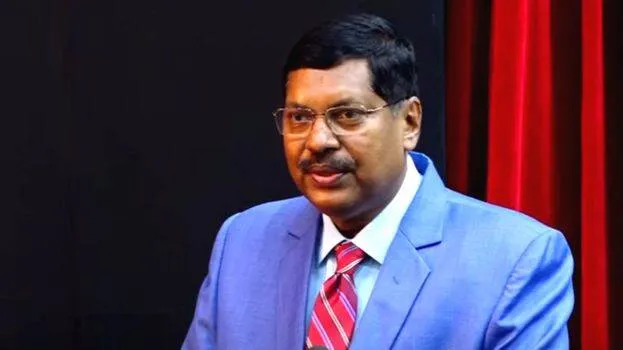

NEW DELHI: Justice Bhushan Ramkrishna Gavai is all set to become the 52nd Chief Justice of the Supreme Court of India. Chief Justice Sanjiv Khanna, who retires on May 13, has written a letter to the central government proposing Gavai's name for the CJI post.
Gavai will be the second judge from the Dalit community to reach the highest position in the Indian judiciary after Malayali Justice K.G. Balakrishnan.
After Sanjiv Khanna, B.R. Gavai is the senior-most judge in the Supreme Court. He is likely to take the oath on the 14th. His term of service will end on November 23 this year.
After graduating in law from Nagpur University, Gavai became a lawyer at the Nagpur Bench of the Bombay High Court in March 1985. He became a government pleader in 2000 and later a judge of the Bombay High Court on November 14, 2003. After 16 years of service, Gavai became a judge of the Supreme Court on May 24, 2019.
Earlier, a team of judges led by Gavai, who is also the executive chairman of the National Legal Services Authority, visited the relief camps for those who lost everything in the Manipur riots.
Bhushan Ramakrishna Gavai, also known as B.R. Gavai, was born on November 24, 1960, in Amaravati, Maharashtra. Many within his family were staunch advocates of social justice. His father, R.S. Gavai, was a Republican Party of India leader and former Governor of Kerala. RS Gavai had also served as the Governor of Sikkim and Bihar.
Justice Gavai was a member of the bench that upheld the central government's demonetisation. He was also a member of the constitution bench that struck down the central government's electoral bond scheme.